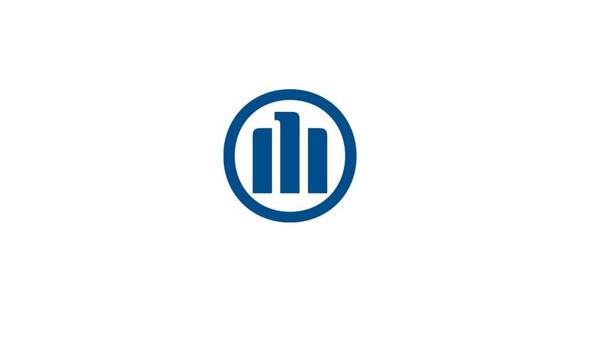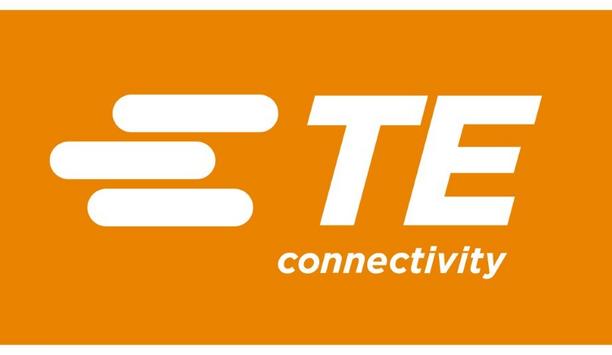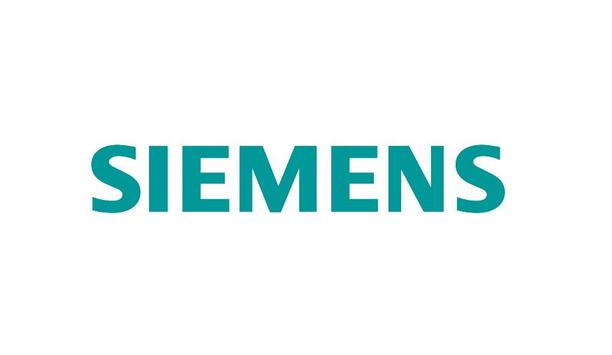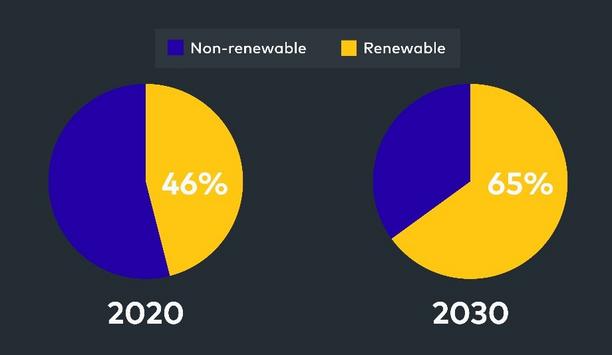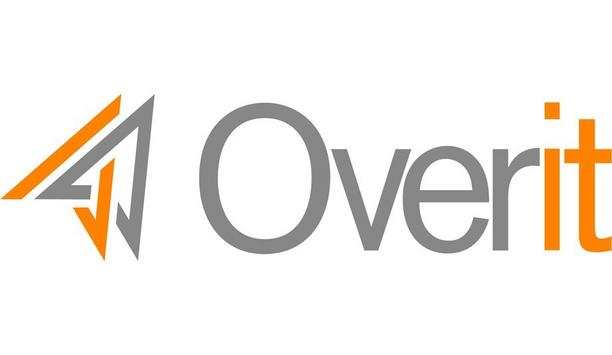Using existing gas networks to transport green gas such as hydrogen in the future is the most cost-effective and socially balanced solution for the energy transition in the heating sector. That’s the conclusion of a modeling study conducted by E.ON and the municipal utility Stadtwerke Essen.
The companies used the DigiKoo data platform to create a digital twin of the city of Essen to model different future heat supply scenarios.
Reducing carbon footprint
Using the existing gas networks avoids costly refurbishments and hence rent increases"
“We can only meet our climate targets if we manage to significantly reduce our carbon footprint in the heating sector,” said E.ON Board Member, Leonhard Birnbaum.
He adds, “Using the existing gas networks for this purpose is not only the most socially acceptable but also the most economical solution because it avoids costly refurbishments and hence rent increases."
Modeling scenario
Leonhard Birnbaum continues, "We want to gradually integrate green gases into the energy system which requires an appropriate political framework, for example in the form of a quota for climate-neutral gases.”
Overall, the modeling is based on five different scenarios, including a gradual switch to green gas in the existing natural gas grid. This switch is the option that will put less pressure on people’s wallets and also allow urban areas to meet climate targets as efficiently as possible.
Heat pumps
Other options explored with the digital twin of the city of Essen included the switch to heat pumps, further densification of district heating, the use of direct electric space heating as well as hybrid heat pumps.
The results for Essen in all scenarios show that a solution entirely without gas is not realistic and, in many cases, will shift the costs of the energy transition to low-income neighborhoods, whose residents would be forced to shoulder excessive financial burdens as a result.
Analysis
An analysis such as the one carried out by E.ON and Stadtwerke Essen for the city of Essen can be of great value to municipalities, distribution system operators, and real estate companies in Germany and internationally.
The digital twin allows the major, overarching climate protection goals to be broken down regionally for each individual building. This helps municipalities to find the right strategies for cutting carbon emissions and to implement them together with their citizens.


